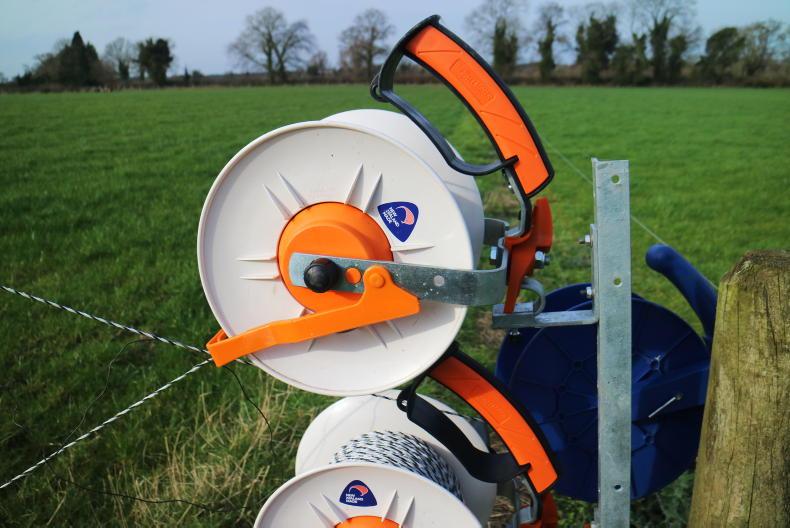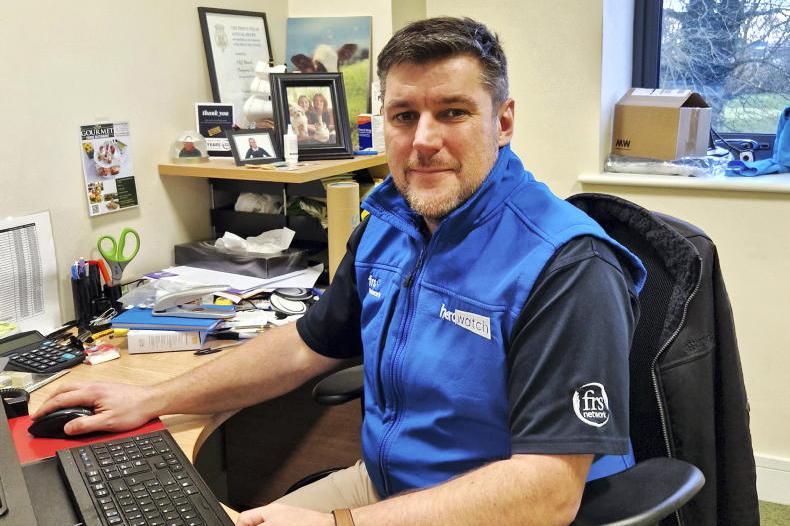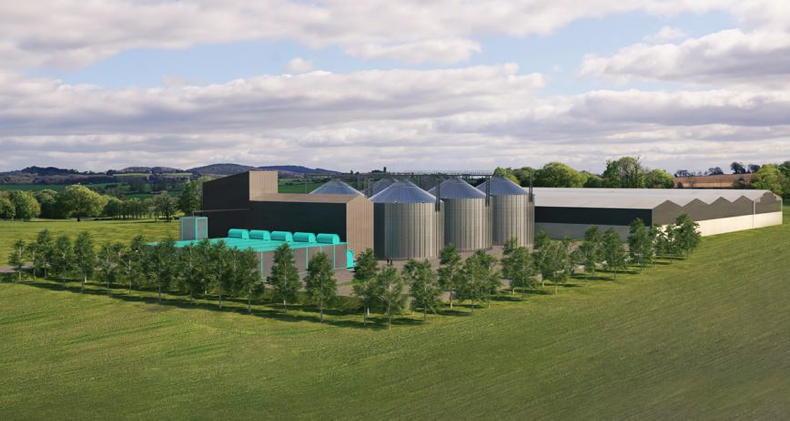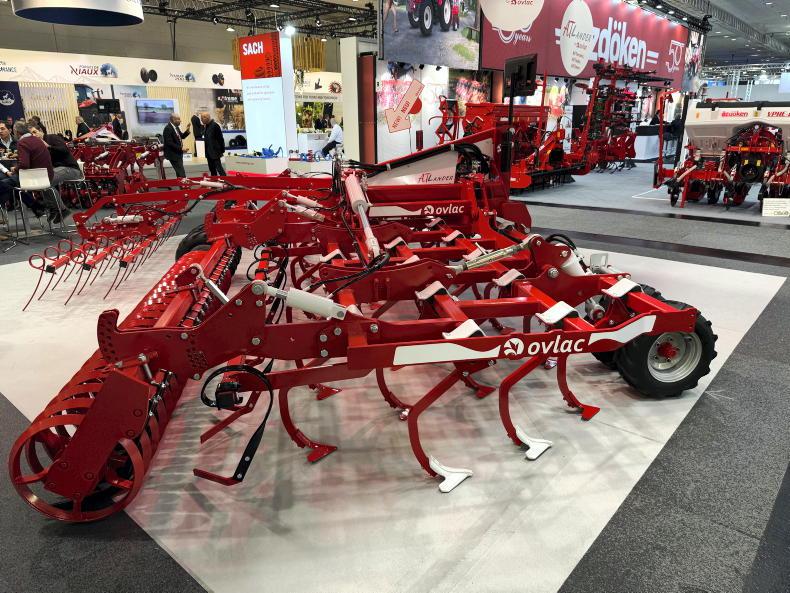Harvest slowed
The vast bulk of this harvest is done for most growers but there is still probably 10-15% remaining as late-maturing spring cereals, beans and spring rape. There is obviously much more to be done across parts of the north and northwest.
Many stubbles have now been cleared and recent rain makes for easier stubble cultivation conditions. Conditions are now also much better to get catch crops planted also.
It is likely that crops caught in some of those thunder downpours will suffer some level of damage, either as neck break or brackling or possibly lodging.
Straw and stubbles
Many fields are now either chopped or baled and cleared, leaving an opportunity for timely stubble cultivation or catch crop planting. Where straw is chopped, incorporation should be done as quickly as possible once there is moisture in the ground.
This is important to speed straw breakdown and get more weed and volunteer seeds to grow. For parcels in SIM, take a photo of the chopped straw on your phone with the geo-tag switched on in case proof of chopping is later required.
Oilseed rape
The second half of August is a good time to plant winter oilseed rape now that there is moisture in the soil. Early planting means more autumn growth, more nutrient uptake and less risk of pigeon damage over winter.
These things help decrease the requirement for nitrogen in spring by taking up more nutrient and preventing its loss.
Consider organic fertiliser ahead of rape in the rotation. Incorporate immediately to minimise nitrogen loss as the crop can soak it up and use it effectively.
Growth in the backend means less growth needed in spring, with less early N needed. Think about last year’s herbicide when sowing rape.
High pH is important for rape, up around 6.8. It is also important to have adequate P and K fertility in the soil. Plant 30-35 seeds/m2 for hybrids and 60-80 seeds/m2 for conventional varieties.
Plant Clearfield hybrids a bit lower, say 26-30 seeds/m2, as a more open crop is useful.
Catch crops
Get them sown as soon as possible. Planting delays mean reduced growth and less benefit. Plant using min-till in a single pass. Take advice on the species to plant relative to your rotation.
Events
There are two tillage related events taking place in early September. On 7 September there will be an Irish Farmers Journal Tramlines gathering in Co Laois (10am-2pm).
This could provide an opportunity to meet fellow farmers as well as Tramlines participants, while hearing an update on grain and fertiliser markets, the future of crop protection, an update on CAP, an interview with the host farmer and a field discussion around topical issues such as soil health and stubble cultivation (weather permitting).
On 8 September the Teagasc Crops Forum returns to the Killashee Hotel in Naas starting at 2pm.










SHARING OPTIONS